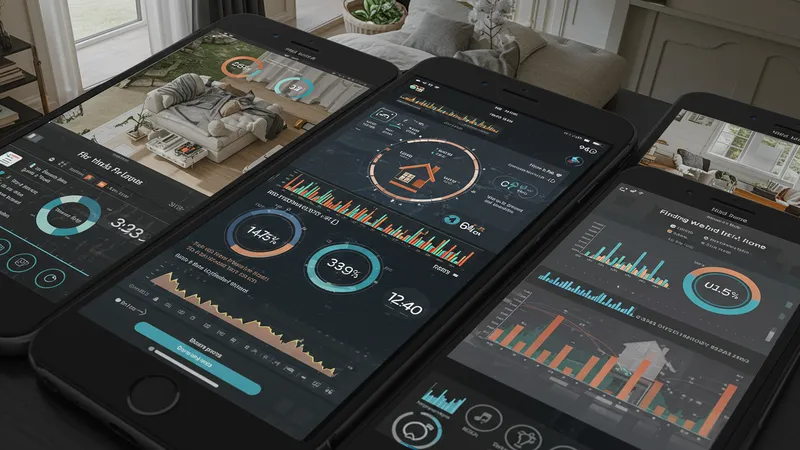
Find Your Perfect Home In Seconds The Ultimate Lookup Tool
Imagine finding your dream home in seconds. Sounds impossible, right? But what if I told you there’s a tool that can do just that? This revolutionary technology is changing the real estate game forever.
With the housing market more competitive than ever, knowing how to quickly find the perfect home is crucial. This tool is not just a luxury; it’s a necessity in today’s fast-paced world.

- Instant search results: HomeFinder – $29/month
- AI-driven recommendations: SmartHomeSearch – $39/month
Did you know that the average person spends over 60 hours searching for a home? But with this tool, you can cut that time down to mere seconds. It’s not just about speed; it’s about precision. This tool uses cutting-edge algorithms to match you with properties that fit your exact criteria. But that is not even the wildest part…
Real estate agents are now using this tool to close deals faster than ever before. Some have reported a 50% increase in sales just by integrating this technology into their workflow. It’s a game-changer for buyers and sellers alike. But what happens when everyone starts using it? What happens next shocked even the experts…